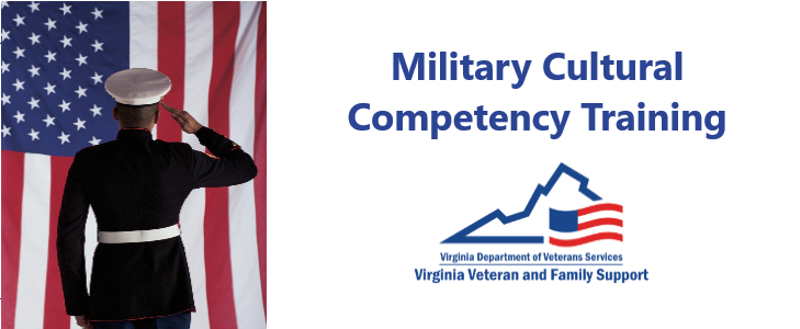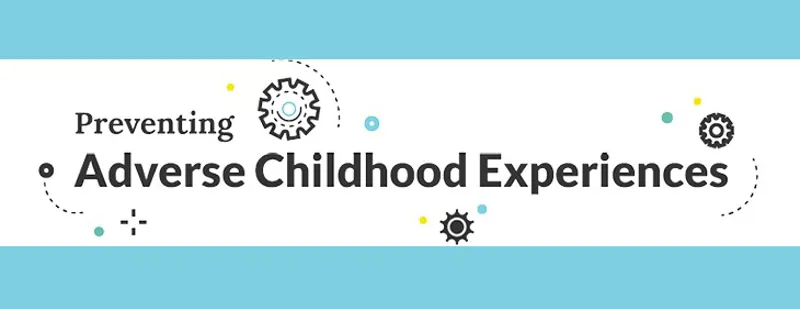Cannabis/Nicotine Series for Youth & Adult Care - Cannabis 101
1:00 PM This training provides an overview of cannabis use trends in the United States and explores both the potential risks and benefits of cannabis use in the adult population. Participants will learn to identify key symptoms of cannabinoid hyperemesis syndrome and gain insight into strategies for managing cannabis dependency and withdrawal. Click here to register or learn more!







